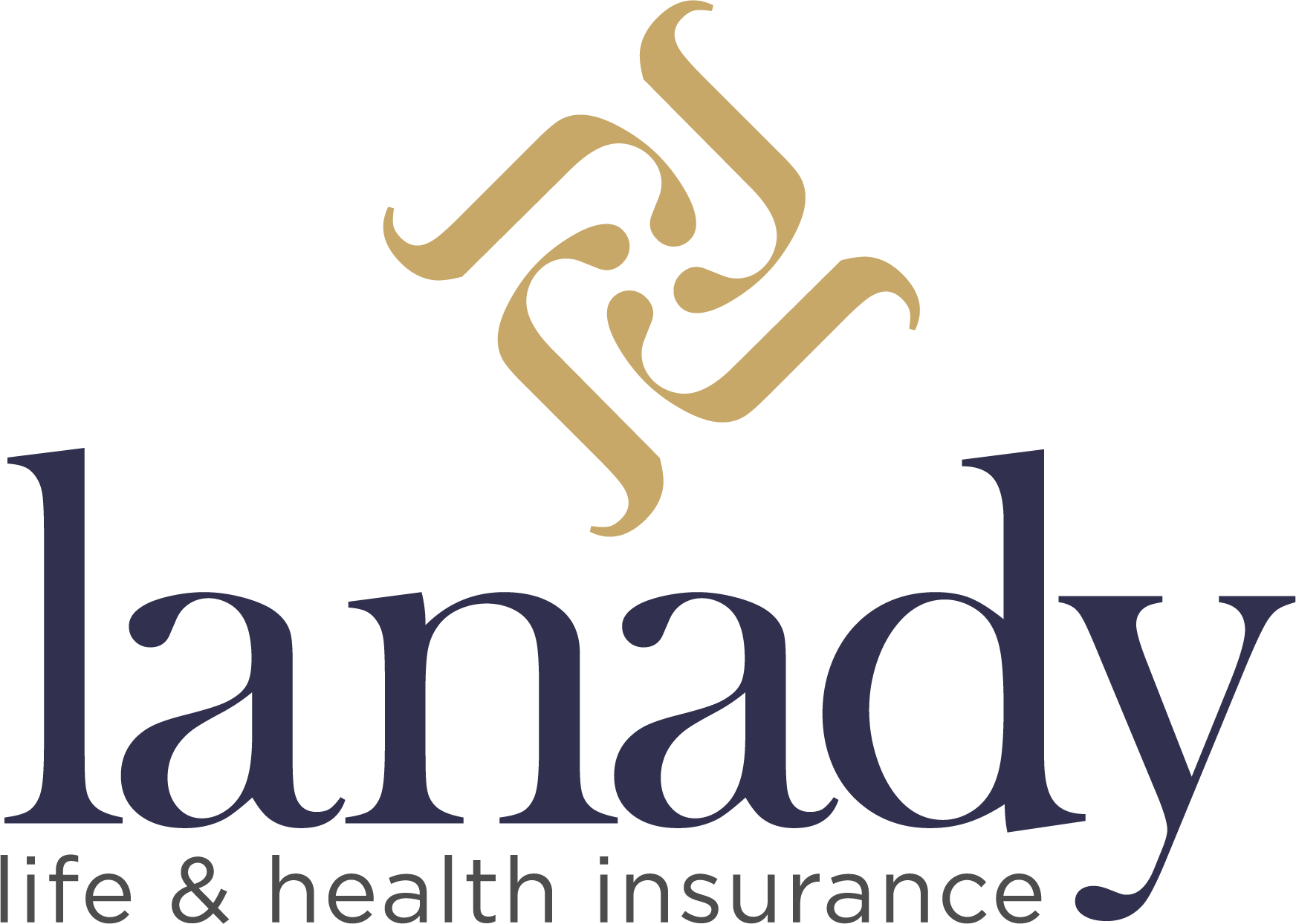Our Creative Solutions
MEDICARE ADVANTAGE

Medicare Advantage Plans are another way to get your Medicare Part A and Part B coverage. Medicare Advantage Plans, sometimes called “Part C” or “MA Plans,” are offered by Medicare-approved private companies that must follow rules set by Medicare. Most Medicare Advantage Plans include drug coverage (Part D). In most cases, you’ll need to use health care providers who participate in the plan’s network. These plans set a limit on what you’ll have to pay out-of-pocket each year for covered services. Some plans offer non-emergency coverage out of network, but typically at a higher cost. Remember, you must use the card from your Medicare Advantage Plan to get your Medicare-covered services. Keep your red, white, and blue Medicare card in a safe place because you may need to use your Medicare card for some services. Also, you’ll need it if you ever switch back to Original Medicare. Below are the most common types of Medicare Advantage Plans.
These are Benefits and Services beyond Original Medicare: Part B Premium Reduction | Over-the-counter health and wellness products such as vitamins and pain relievers | Wellness/Fitness programs such as Silver Sneakers and Renew Active | Food and Utilities debit card | Personal Emergency Response System | Transportation | Flex allowance cards to pay for dental, vision, and hearing services | Fresh Meal Delivery Program after an inpatient stay in hospital | Routine foot care | Smoking cessation programs | Acupuncture
MEDICARE SUPPLEMENT
Medicare Supplement plans are supplemental insurance policies that cover healthcare costs Original Medicare (Part A and Part B) leave behind. Providers bill Medicare first and charge the remaining amount to the Medicare Supplement carrier.
The federal government standardizes Medicare Supplement plans, meaning benefits for each lettered plan are consistent across all insurance companies nationwide. Before you begin to compare Medicare Supplement plans, it is helpful to familiarize yourself with the Medicare Supplement pricing methods that carriers use.
Your carrier’s pricing method can affect your Medicare Supplement plan’s monthly premium rates and how they will increase over time. Additionally, it is essential to note that if you have a Medicare Supplement policy and your spouse needs coverage, they must buy a separate policy.

DRUG PLANS

Medicare drug coverage helps pay for prescription drugs you need. It’s optional and offered to everyone with Medicare. Even if you don’t take prescription drugs now, consider getting Medicare drug coverage. If you decide not to get it when you’re first eligible, and you don’t have other creditable prescription drug coverage (like drug coverage from an employer or union) or get Extra Help, you’ll likely pay a late enrollment penalty if you join a plan later. Generally, you’ll pay this penalty for as long as you have Medicare drug coverage. To get Medicare drug coverage, you must join a Medicare-approved plan that offers drug coverage. Each plan can vary in cost and specific drugs covered.
There are 2 ways to get Medicare drug coverage:
1. Medicare drug plans. These plans add drug coverage to Original Medicare, some Medicare Cost Plans, some Private Fee‑for‑Service plans, and Medical Savings Account plans.
You must have Medicare Part A (Hospital Insurance) and/or Medicare Part B (Medical Insurance) to join a separate Medicare drug plan.
2. Medicare Advantage Plan (Part C) or other Medicare Health Plan with drug coverage. You get all of your Part A, Part B, and drug coverage, through these plans. Remember, you must have Part A and Part B to join a Medicare Advantage Plan, and not all of these plans offer drug coverage.
CANCER PLANS
Five Benefits of Cancer Insurance
Cancer insurance provides cash you can spend any way you choose for medical or non-medical expenses.
- Coverage can’t be canceled due to age or health
- Freedom to choose your doctor or hospital
- Cash paid directly to you
- Same premium rate no matter your age
- Affordable rates – Get a Quote now!

DENTAL PLANS

Dental insurance is a form of health insurance designed to pay a portion of the costs associated with dental care. There are several different types of individual, family, or group dental insurance plans grouped into three primary categories: Indemnity, Preferred Provider Network (PPO), and Dental Health Managed Organizations (DHMO).
Generally, dental offices have a fee schedule or a list of prices for the dental services or procedures they offer. Dental insurance companies have similar fee schedules which are generally based on Usual and Customary dental services, an average of fees in an area. The fee schedule is commonly used as the transactional instrument between the insurance company, dental office and/or dentist, and the consumer.
CRITICAL ILLNESS
Critical illness plans often cover diseases like cancer, organ transplant, heart attack, stroke, renal failure, and paralysis, among others. There is no coverage if you’re diagnosed with a disease that isn’t on the specific list for your plan, and the list of covered illnesses varies from one plan to another.
There are many different critical illness plans available, with benefit amounts ranging from $5,000 to $200,000 or more. Premiums are based on the benefit amount and the age of the applicant. In the individual market, pre-existing conditions are not covered, and medical underwriting is used to determine an applicant’s eligibility for coverage. Critical illness plans are not regulated by the ACA (Affordable Care Act | Obamacare) and are not suitable to serve as a person’s only medical coverage.

HOSPITAL INDEMNITY

Hospital indemnity insurance supplements your existing health insurance by helping pay expenses for hospital stays. Depending on the plan, hospital indemnity insurance gives you cash payments to help you pay for the added expenses that may come while you recover. Typically plans pay based on the number of days of hospitalization.
Even if your medical insurance covers most of your hospitalization, you can still receive payments from your hospital indemnity insurance plan for extra expenses while recovering.
When it comes to the health of you and your family, unexpected or long-term hospitalizations should not be a time to worry about unexpected medical costs. Hospital indemnity insurance helps by putting recovery first over hospital bills.
LIFE INSURANCE
A life insurance contract is simply, in exchange for your premium payments, the insurance company will pay a lump sum known as a death benefit to your beneficiaries after your death. Your beneficiaries can use the money for whatever purpose they choose.
Life insurance costs depend on factors such as age, health, and lifestyle. If you’re young and healthy, you’ll likely pay less for life insurance than someone older or with health problems.
Some common types of life insurance include Term Life Insurance, Whole Life Insurance, Universal Life Insurance, and Final Expense

